Mind Training
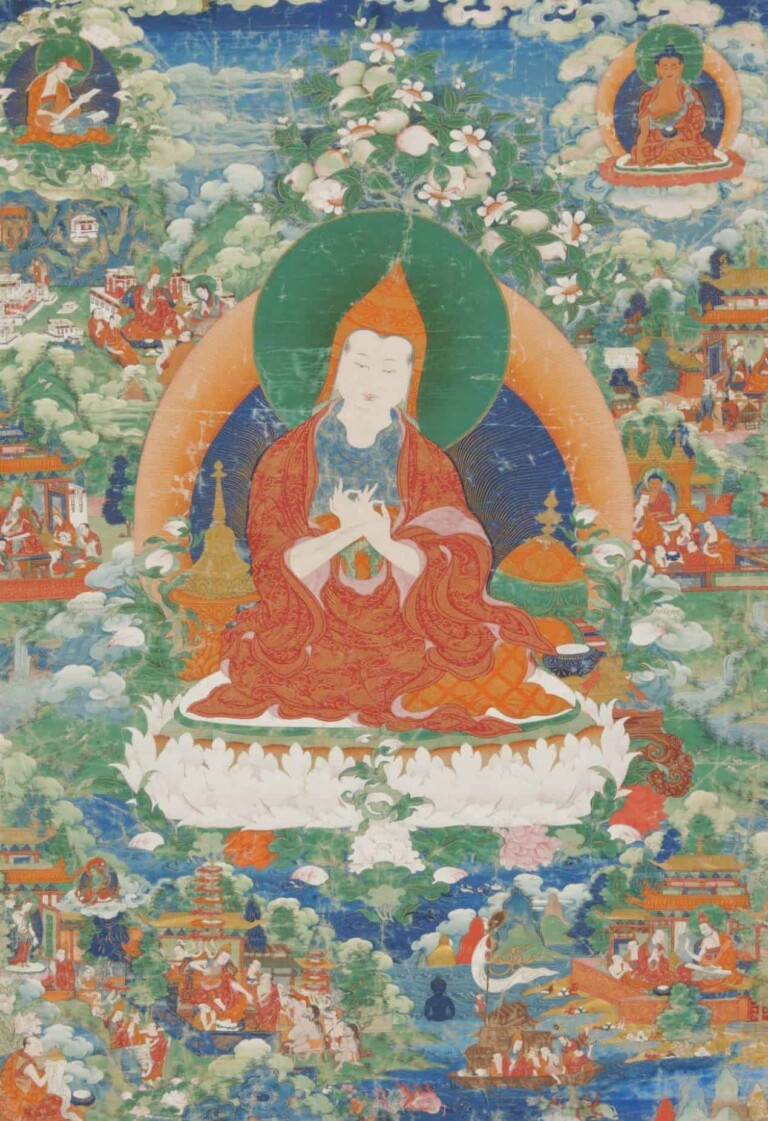
Supreme Mind Training
Phakchok Rinpoche shares with us some of Atisha's Root Verses on Training the mind. This supreme mindtraining offers clear, simple and straightforward advice to anyone...

Path of Transformation» Radically Happy
Buddha’s Radical Two-Step Approach to Happiness
By taking a moment to look at our minds themselves, we come closer to discovering the nature of everything....
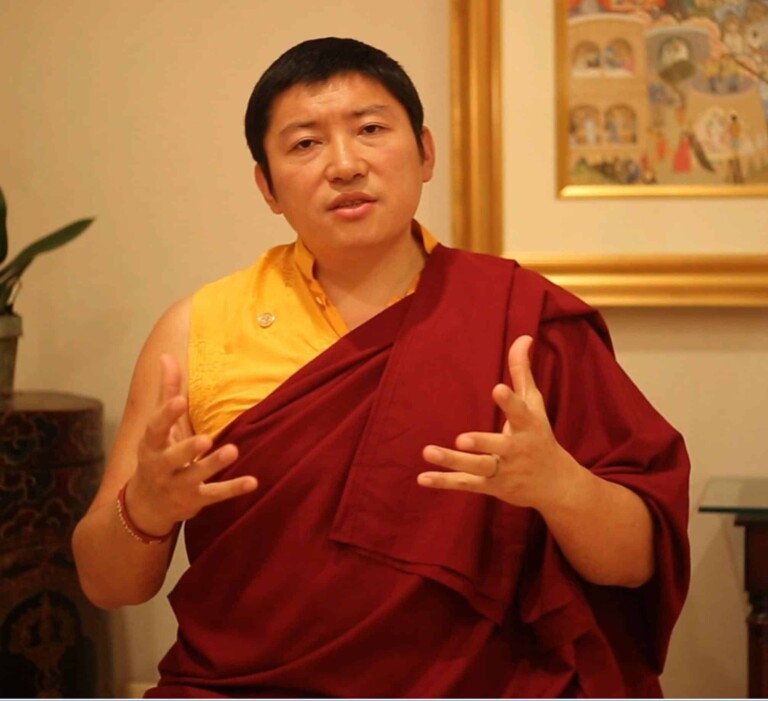
Path of Transformation» Radically Happy
What Can We Do If We Really Start to Freak Out? (Part 2 – Creating Space with Phakchok Rinpoche)
Phakchok Rinpoche teaches how to create space to feel more calm and lose fear, as well as slow down the loop of negative thoughts....
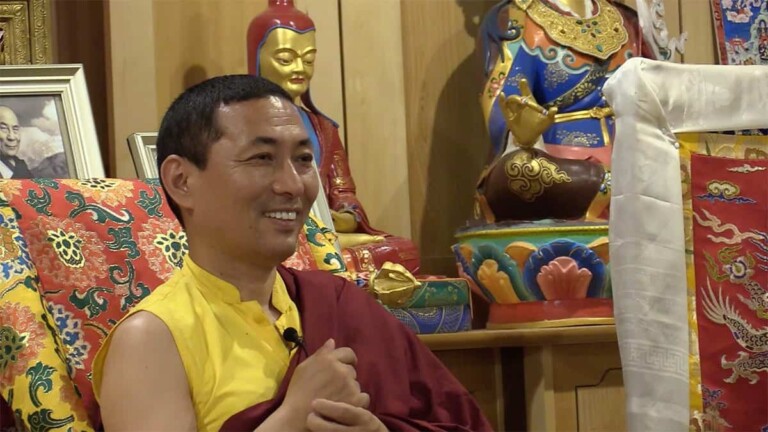
Path of Transformation
Meditation Training With Focus
"Meditation training with focus" takes many forms. As we begin to build a habit of mindfulness, we can use one or more of these techniques....
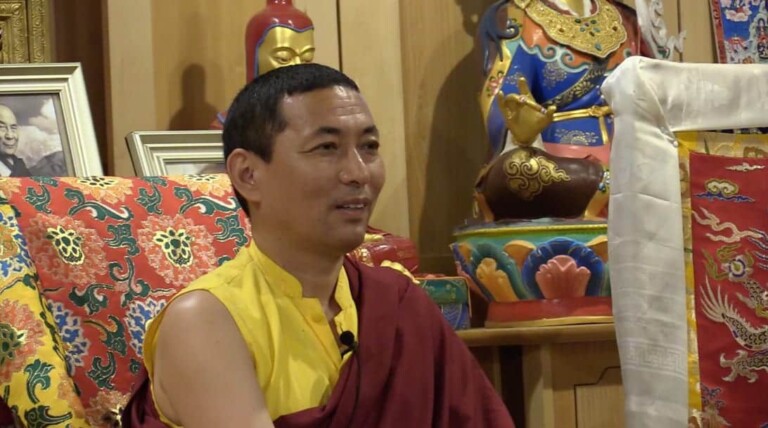
Path of Transformation
Cultivating New Habits for Busy Minds
When we hear the word "meditation" we may think that we can't keep still for an hour and be calm. But, as Tulku Migmar as...
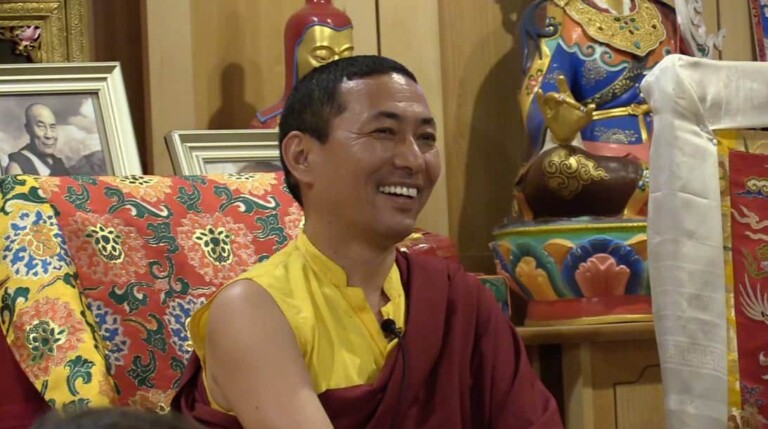
Path of Transformation
Mental Maintenance Creates Stability
"Mental Maintenance" means working with our own minds. Anxiety, depression, and stress can affect anybody. First, we need to take care of our actual physical...

Radically Happy
Five Ways to Radically Increase Your Joy
Erric Solomon shows five ways that we can radically increase the joys of living....

Path of Realization» Path of Transformation
Experience Opens Understanding
How do we begin Buddhist practice? We can first listen to explanations from a qualified teacher, and take time to reflect on what we have...
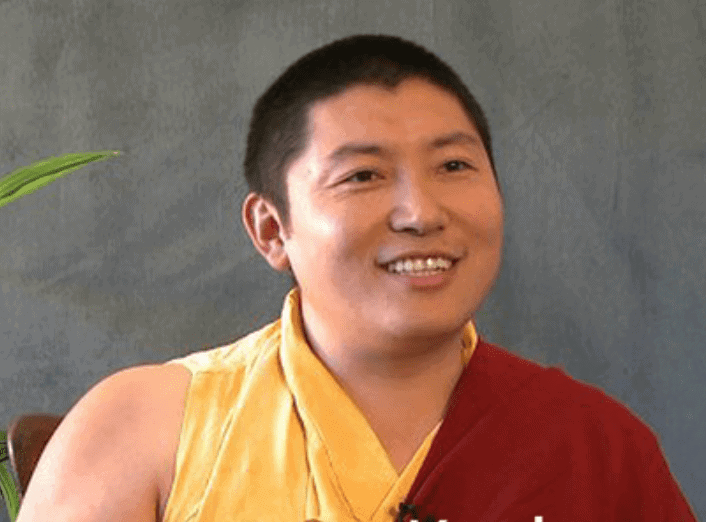
Path of Transformation
Practicing Meditation: Three Main Points
Practicing meditation is a key point of applying Buddhist Dharma. And many other traditions also feature meditation. Phakchok Rinpoche suggests that we need to approach...

Path of Transformation
Dharma : Understanding Mind
Dharma means understanding the mind--our own mind-- and how it functions. When we hear the word "Dharma" we can realize that we are engaging in...
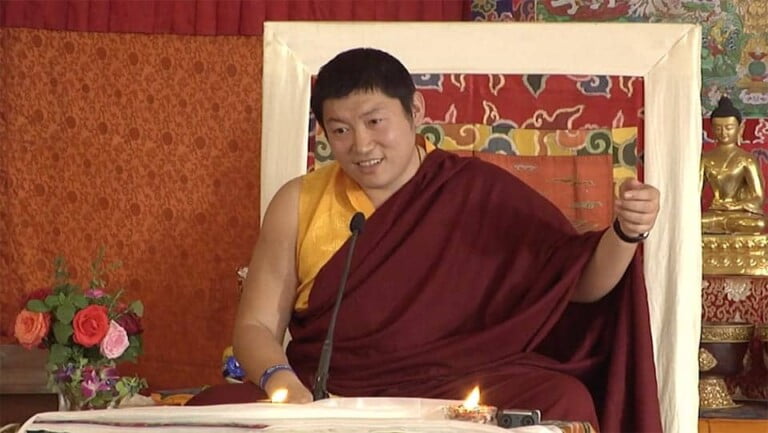
Path of Transformation
Real Kindness: No Agenda
Real kindness means that you aren't looking for praise or thanks. We don't attach strings to that kindness--we act kindly without expectation. Agenda-free kindness doesn't...
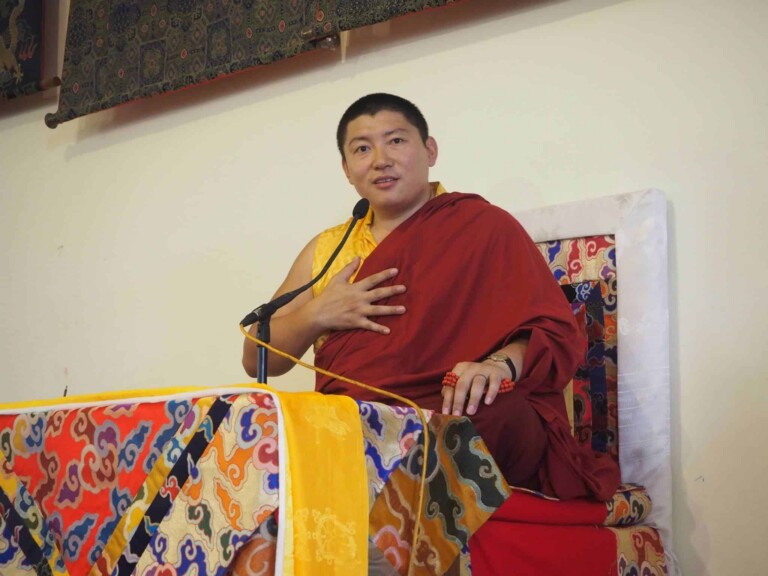
Taming Our Minds: Advice for Modern Buddhists
Taming our minds remains the most important lesson taught by the Buddha. We really need to understand that the Buddha taught everything so we can...

